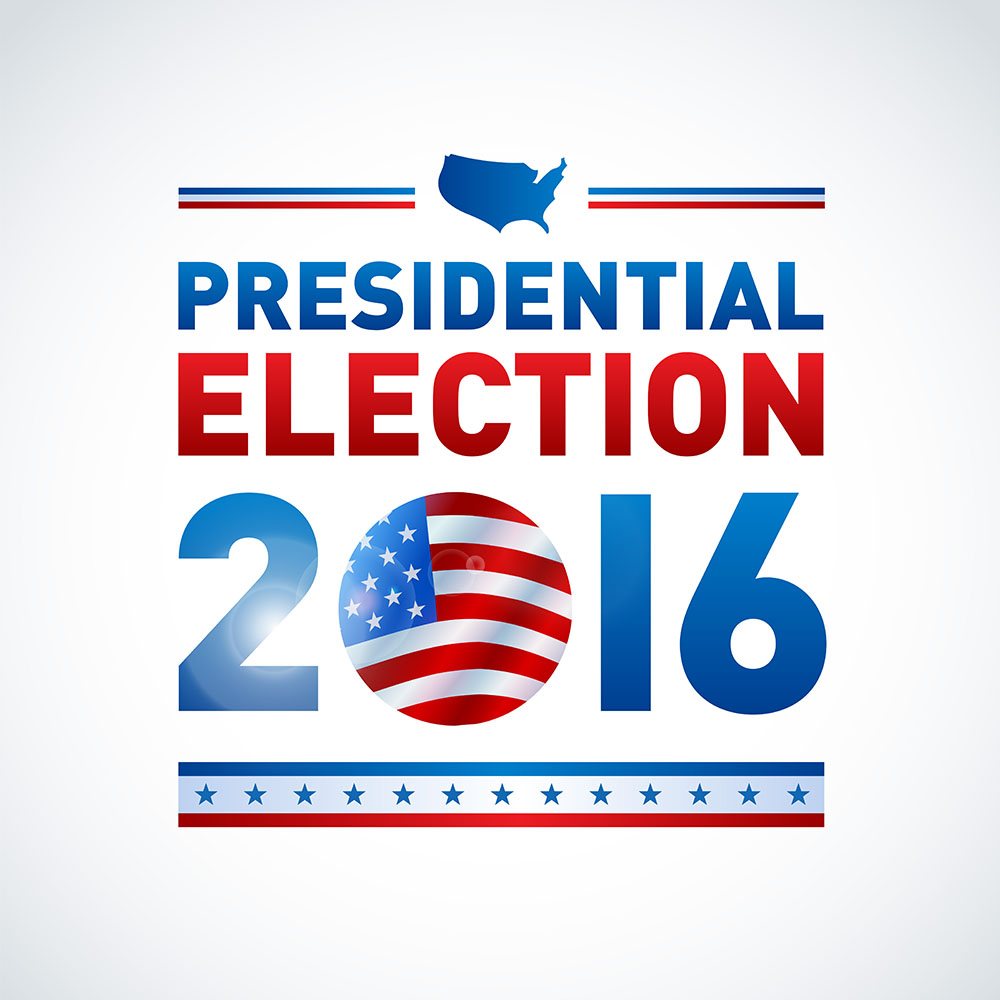
As the primaries approach, some behind-the-scenes campaign maneuvering has become more watchable than the debates.
That’s because few elements of presidential campaigns are left to chance anymore. Sophisticated, data-driven strategies affect everything from the tone of Donald Trump’s voice to the color of Hillary Clinton’s shoes. And just like businesses, candidates are benefiting from the customization, micro-targeting and multi-media messaging now prevalent in the marketing world.
In fact, many candidates could significantly benefit from a targeted PPC campaign that could fine tune their target audiences; place ads and phone numbers accordingly; track how voters are responding; and efficiently record the demographic and contact information into a comprehensible whole. Instead of generating sales, callers could be asked to give opinions or endorsements, step up to volunteer, or donate funds.
Consider other ways these common PPC elements might apply to presidential campaigns:
- Memorable numbers: 1-800-GO-TRUMP anyone? What about 1-800-HILLARY? Because research proves the effectiveness of memorable toll-free numbers, relevant RingSquared versions could be chosen to encourage potential followers to respond to ad campaigns.
- Call routing: Campaign managers could save time and money by having ads appear only when a calling center can be staffed, or by routing calls based on convenience and timing.
- Research: Before an election campaign even begins, a good PPC could survey voters on how a candidate’s stances on key issues are perceived by the voting public, with segmentation by gender, age, race, sexual orientation, location, party and other factors. That data could be cited in debates and used for further strategizing, as the candidates decide how to present both their popular and unpopular opinions.
- Fundraising: Donations could be requested via ads in multiple venues, with trained call center staffers intercepting calls and trying to achieve “add-on sales.”
- Grassroots organizing: The public could be asked via ads to call in for info about upcoming rallies, caucuses, primaries and other events.
- Endorsements: Ads could ask followers to call in endorsements, which could be automatically recorded and/or transcribed for campaign use.
- Continual tracking: Can anyone say straw vote? Throughout their campaigns, candidates could rely on PPC for accurate, real-time data on how voters are perceiving them, how reactions have changed following debates and other political issues, and how they’re likely to perform in the polls. That up-to-the-minute info might very well lead them to beef up, change or end their campaigns.
- Budgeting: A presidential campaign is an extremely pricey undertaking; last year Fortune.com pointed to at least $10 million in start-up costs, with campaigns in Iowa, New Hampshire, South Carolina and Nevada running another $4 million to $15 million each. Staggering? Of course. But because PPC campaigns charge only for incoming calls of a certain time range, they’re cost effective and allow for an immediate ROI.
- Election Day: Another PPC effort could remind voters to take a stand on Election Day.
Combining PPC and politics? We say it’s a natural.
Explore RingSquared
- RingSquared Celebrates Giving Tuesday In Our Communities
- RingSquared Promotes Paul Harrington to Chief Financial Officer
- RingSquared Completes Acquisition of Crocker Communications, Inc.
- Joe Mullin Joins the Somos Public Policy Committee
- RingSquared Selected for PPA and MLP Pickleball Associations


